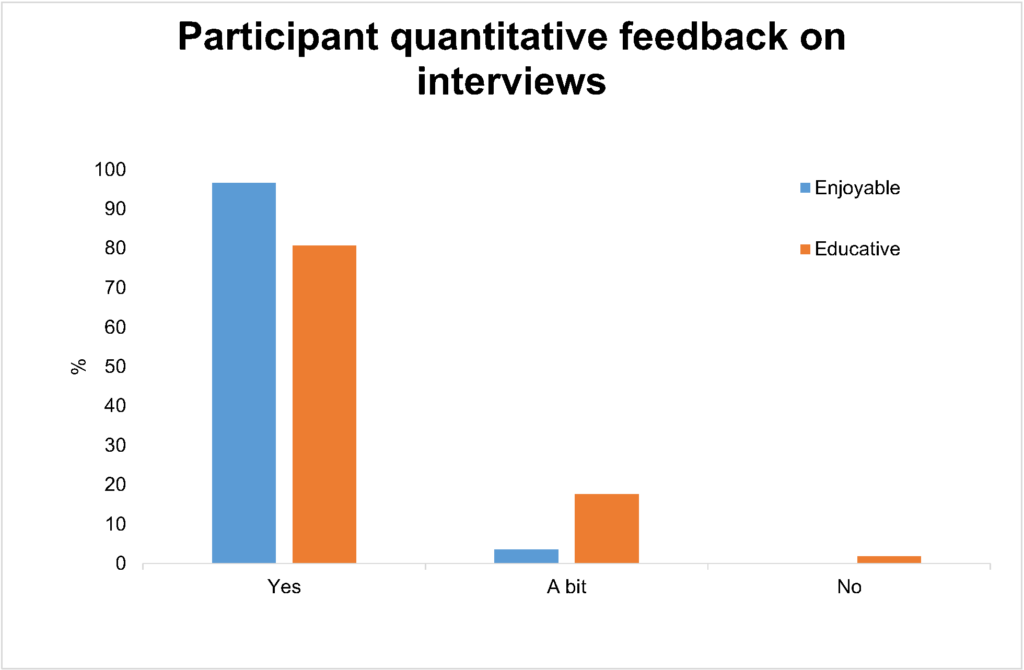
I’ve been researching the project qualifications quite intensively over the last year or so with UCL. Thank you, sincerely, to everyone who has taken part in this ongoing study.
Last updated: 28.10.2020
Teaching is to make it possible for students to become themselves.
Paulo Freire
1. About the author
I am leading practitioner at an outstanding secondary school in London. I wrote the school’s teaching and learning policy.
I’ve been awarded two masters’, both with Distinction. My first dissertation (2010) was awarded best dissertation prize. I’ve achieved three other postgraduate qualifications, including in advanced pedagogy (2008) and research methods (2016).
My academic background, however, lies squarely in philosophy, and I hope to return to it some time. I’ve become increasingly enamoured of critical realism, which I’d love to study further.
I’ve attained the PGCE and NPQSL (2015) professional qualifications. I am a Chartered London Teacher and was elected to the class of Fellow Member of The College of Teachers (2011).
I’ve examined extensively for the three main awarding bodies at GCSE and A level. I’ve engaged in Holocaust education training at Yad Vashem. And I’ve completed level 3 P4C training with SAPERE.
2. The preliminary study
My current research began with a small-scale preliminary study that I did in 2018. I focused on project qualification supervision and its impact on teacher professional development.
3.1. Research questions
The research seeks to answer two questions:
(1) What is the educational impact on learners of doing a project qualification?
(2) Why does it have this impact?
3.2. Method
A critical realist case study involving 86 interviews with 133 students, alumni, teachers, staff, parents, and primary school aged siblings at a non-selective secondary girls’ school.
3.3. Summary
In skeletal form, the theoretical answer can be expressed in nine propositions:
(a) The project qualifications emancipate learners (and teachers) from heteronomous schooling so that learners (and teachers) are autonomous.
(b) Freedom is a necessary condition of independent engagement, the core process of doing a project qualification.
(c) Independent engagement tends to superveniently enhance learner reflexivity.
(d) The educational outcome of independent (reflexive) engagement is self-development.
The project qualifications liberate learners to engage independently and reflexively. Learners self-develop, only if self-invested and especially if efficaciously supported.
691,388 words (data) articulated theoretically in 20!
(e) Self-development promotes educational achievement, of which academic attainment is a by-product.
(f) Self-investment is the conative cause of self-development.
(g) Self-investment depends on learner impassionment which ultimately depends on enchantment (ontological meaningfulness).
(h) Supportive interpersonal relationships, particularly the learner-supervisor relationship, are insufficient for self-investment and independent (reflexive) engagement, but they catalyse both.
(i) The efficacy of these relationships depends on the enlightenment of others and ultimately on co-presence.
3.4. Definitions
The précis and the eight propositions, (a) to (h), contain theoretical concepts that are defined thus:
| autonomy | freedom to act rationally on self-determined reason* |
| catalysis | enhancement of the efficacy or effectiveness of a cause |
| conative | concerning volition and desire |
| co-presence | others being there for or with someone (Bhaskar, 2002) |
| education | facilitation of emergent rationality towards liberation (cf. Shipway, 2010) |
| efficacious | potentially effective |
| emancipation | freedom from oppressive (power2) constraints* |
| enchantment | imbuement of reality with intransitive meaning (Bhaskar, 2002) |
| engagement | work or activity |
| enlightened support | support characterised by care (commitment), service (sacrifice), respect (justice), trust (faith), and expertise (wisdom) |
| freedom | power1 (including knowledge) to act in one’s real interests* |
| heteronomous schooling | school system dominated by high-stakes (public) examinations |
| impassionment | enjoyment of learning about the subject matter |
| independence | relative non-reliance of someone on others (e.g. peers, parents, teachers) |
| reflexivity | internal discussion (generative mechanism mediating structure and agency) (Archer, 2003) |
| self-development | improvement of self by self |
| self-investment | commitment of self to self |
| supervenience | property emergence (Bhaskar, 1975) in a laminated system (Bhaskar et al., 2017) |
| supportive interpersonal relationships | relationships with others that catalyse independent (reflexive) engagement |
4. National attainment and uptake data
Aggregation and quantitative analysis of JCQ project qualification attainment and uptake data 2009–2020.
5. Hansard and Welsh Parliament Record
Qualitative analysis of official parliamentary records pertaining to the project qualifications.
Last search renewal: 27.10.2020
6. Qualification register searches record
Results of searches of regulated qualification registers in England and Northern Irelance (Ofqual) and Wales (Qualifications Wales).
7. Literature search record
Project qualification literature search details and record.
Last renewed: 28.10.2020
8. Initial grounded theory (literature) codebook
Codebook of the grounded theory derived from 28 empirical studies. Only the summary of CEI (2008) was coded.
9. Research setting
Project titles, Riverside Academy, 2018, 2019, & 2020
10. Interviews
Most interviews took place in a classroom or my office adjacent to it.

11. Participant feedback
Summary and analysis of participant feedback on the research.

12. Informed consent documents
A selection of the ethics documents that were used in the research:
13. Data protection
14. Transcription documents
15. Word frequencies
A (rather brutal) quantitative method that was used mainly for fun and to help identify interview key themes.

Please note that the software packages I used (MAXQDA 20.0 and NVivo 12) were both a little averse to apostrophes and speech marks!
16. Data analysis
17. Library
A selection of some of my other relevant work:
Although it was never used, here is the research proposal. It comprises over 8,200 words…not including the end bits:

